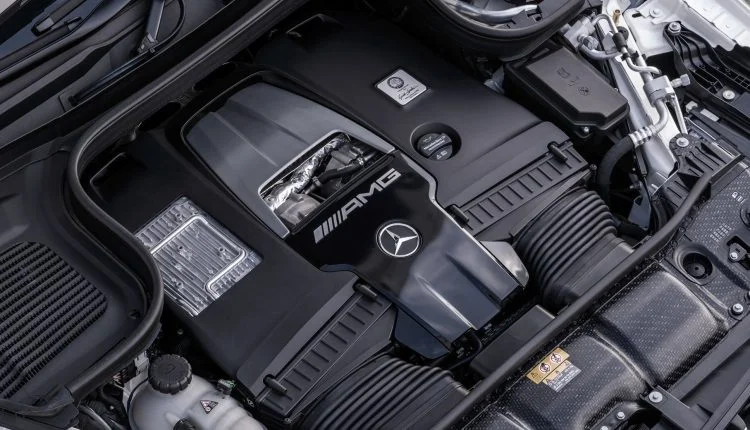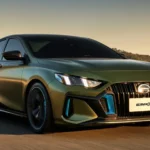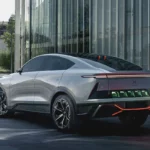Today the shift towards electric vehicles (EVs) is a topic on everyone’s lips. Yet, some major players like Toyota, BMW, and now Mercedes-Benz are taking a step back from fully embracing this change. They’re expressing doubts, pointing to challenges such as high costs, limited driving range, and a lack of charging infrastructure.
Mercedes-Benz CEO, Ola Källenius, recently shared concerns that the industry might be overly optimistic about the rapid adoption of EVs. The German automaker is being cautious, citing hefty production and development costs, as well as the need for more charging stations. To fully electrify their lineup by 2030, Mercedes-Benz would need a substantial investment of around 40 million euros as with battery-powered cars currently making up just 11% of total sales, and 19% including hybrids according to Reuters.
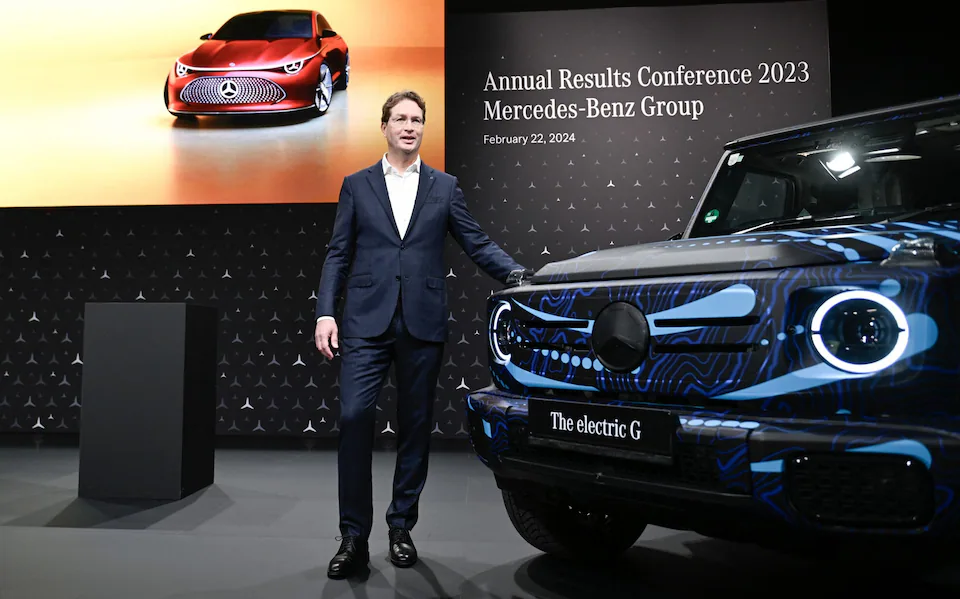
While Mercedes-Benz acknowledges the importance of going green, they’re also prioritizing profitability. They’re aiming to strike a balance by focusing on more affordable models and reducing their reliance on EVs. This strategy aims to achieve a sales target of 300,000 units in the U.S. alone. It’s a delicate balance between economic sustainability and environmental responsibility.
“Perhaps there is too much optimism related to EVs in the industry”, Ola Källenius, the CEO of Mercedes, shared.
Despite holding back on EVs, Mercedes-Benz is still committed to meeting consumer demands. They’re planning to introduce 25 new or improved models, including more traditional combustion engines and hybrid options. They’re also not giving up on EVs entirely, with an electric crossover in the works.
Mercedes-Benz’s decision to delay its electrification goals reflects broader industry trends. Despite significant investments in EV technology, actual demand has not met expectations. CEO Ola Källenius has admitted that the transition to all-electric fleets may take longer than anticipated.
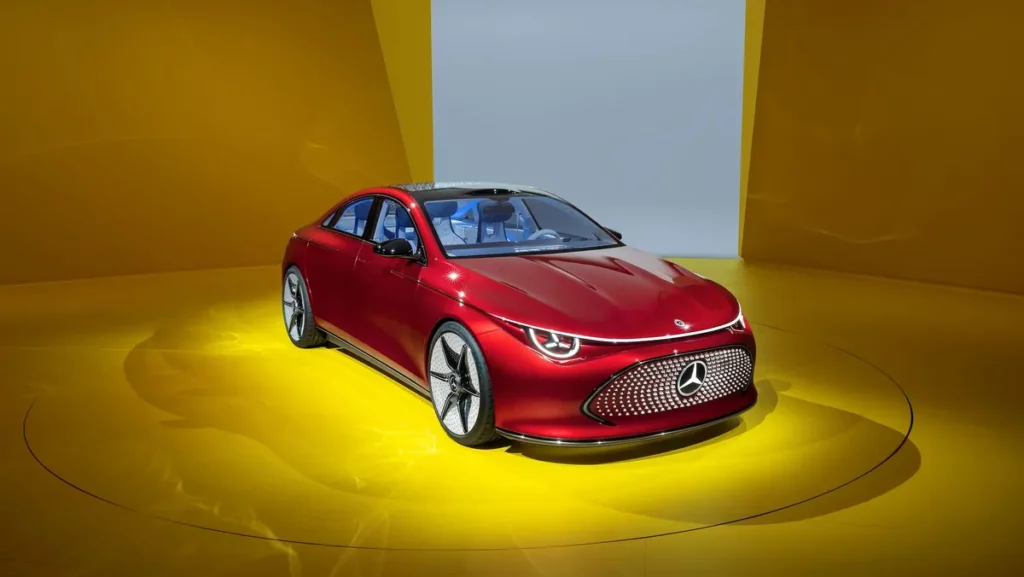
The announcement of Mercedes-Benz’s revised strategy has been met with a positive response from investors. Shares in the luxury carmaker have seen a notable increase. However, challenges such as slower economic growth and supply chain disruptions continue to pose hurdles.
As Mercedes-Benz navigates these challenges, the future of the automotive industry remains uncertain. Finding the right balance between profitability and sustainability will be crucial. Collaboration between industry stakeholders, governments, and technology providers will be essential in driving the widespread adoption of electric vehicles.
The journey towards electrification is complex, with various challenges to overcome. Whether traditional combustion engines will continue to dominate or EVs will take over remains to be seen. But one thing is clear: the automotive industry is in a period of transition, and the path forward will require careful navigation.

